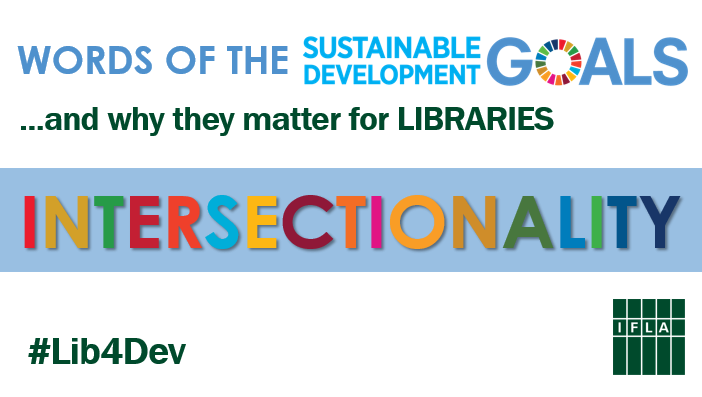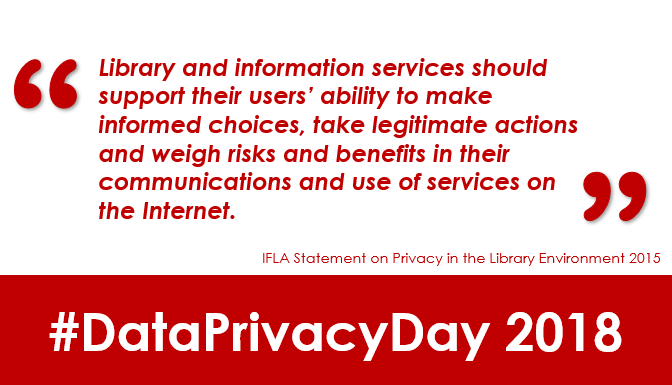
UN Headquarters, New York
Foreword
The High Level Political Forum is an overwhelming experience, with enough events taking place at the same time to make planning your day full of hard choices. But in addition to the number of events, getting to grips with the words, the vocabulary used in discussions can be a further barrier.
While it is easy enough to criticise such words simply as jargon, a key lesson of IFLA’s International Advocacy Programme has been if we want to convince experts and decision-makers of our message, we need to use this language.
Therefore, a number of our blogs during HLPF 2018 will focus on key words used in the SDGs, in order to explain how they are used, and what they mean for libraries. The goal – to help libraries feel ownership of these words, and use them in their own work.
Introduction
The idea of intersectionality is not unique the SDGs, but is particularly relevant in this context. It is the idea that while academic – and often policy – debate focuses on specific themes, at the level of individuals and communities, these themes come together.
Indeed, the crossing of different issues can have a variety of different outcomes, sometimes to make things worse, sometimes better. Sometimes a lack of progress in one area simply cancels out progress in another.

Intersectionality in the UN Context
The concept of intersectionality is indeed at the heart of the 2030 Agenda. The Sustainable Development Goals are not just indivisible, but interconnected. Indeed, next year’s Global Report on Sustainable Development will focus on these linkages. By recognising these relationships, it becomes easier for governments and others to plan actions that will have a positive impact for individuals.
The importance of intersectionality – getting the right combination of measures to make a difference – has come up in a number of side events at the High Level Political Forum.
Intersectionality and Smart Cities
A first – a side event organised by the UNESCO Institute for Lifelong Learning and the Committee on NGOs – focused on inspiring examples of smart city initiatives from Korea, Mexico and the Philippines. Each of these had focused not just on ‘hard’ technology, but including people. The city of Suwon in particular had developed adapted opportunities for people of all ages to learn and be informed, provide necessary spaces, and change mindsets.
The key common trend across the examples – making use of libraries. Because as institutions focused on finding the best solutions in individuals, they can help not only with providing materials, but also comfort and motivation for learning. In the Philippines and Korea in particular, there had been strong investment in libraries, with the results already paying off.
Intersectionality, ICTs and Development
The second side event, organised by the International Telecommunications Union (ITU), brought together people focusing on how ICTs can support development. Here too, it was clear that there are a number of factors and trends at play in determining whether the Internet realises its potential, from physical connections to local content, from the financial to the psychological.
A major drive on public internet access could be undone by a failure to protect privacy, while changes to regulation to favour market solutions will have less effect if there is no work to develop skills and confidence online.
Here too, libraries stand at the point of intersection, offering not only Internet access, but also the support and training to make this meaningful.
For all of its apparently technical nature, the idea of intersectionality is at the heart of what libraries and librarians are doing when they look to support users in accessing information. As institutions which, by their nature, cross disciplines and information sources in order to focus on what works, libraries can take ownership of this word – and concept – in their own work.
